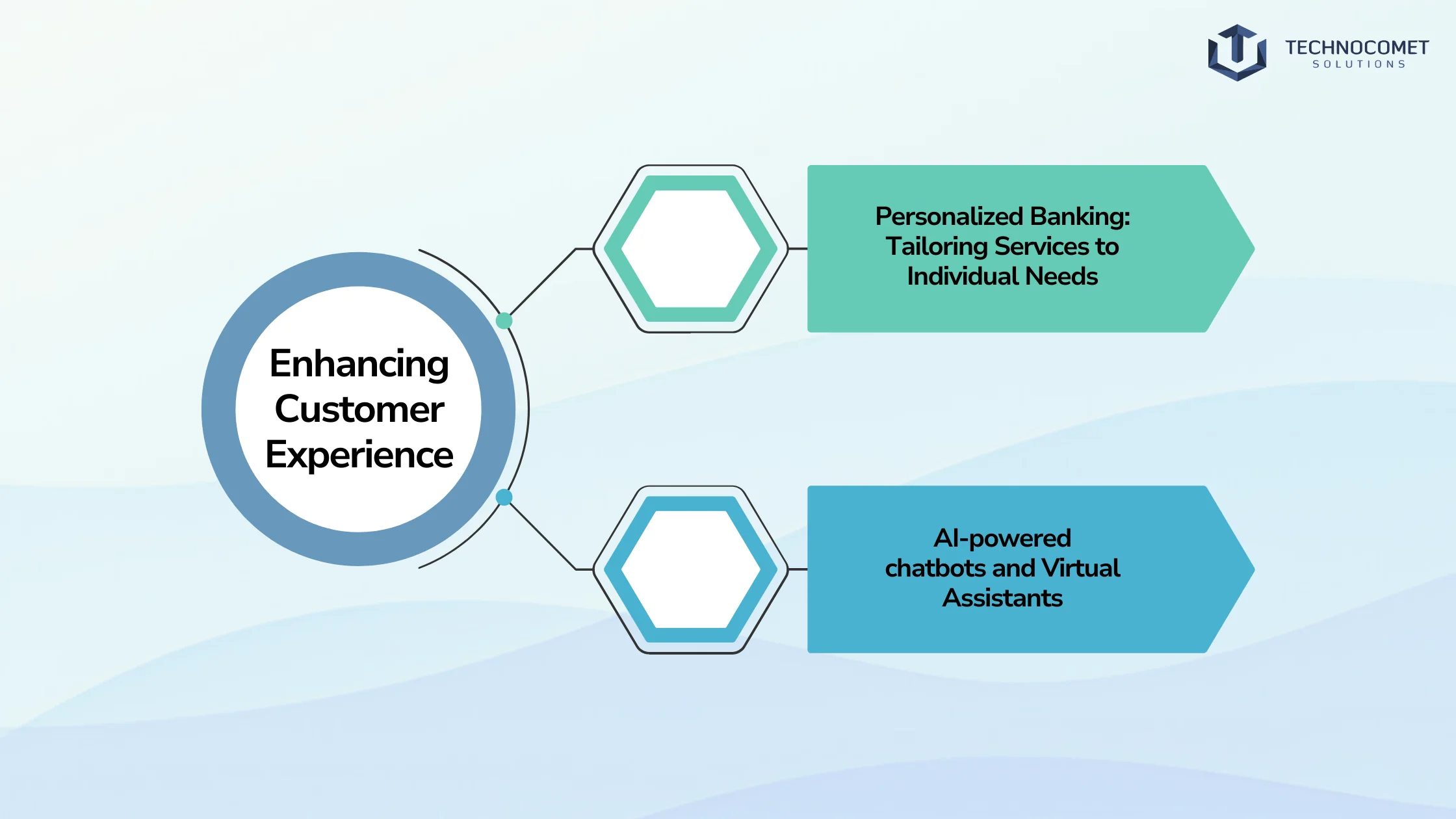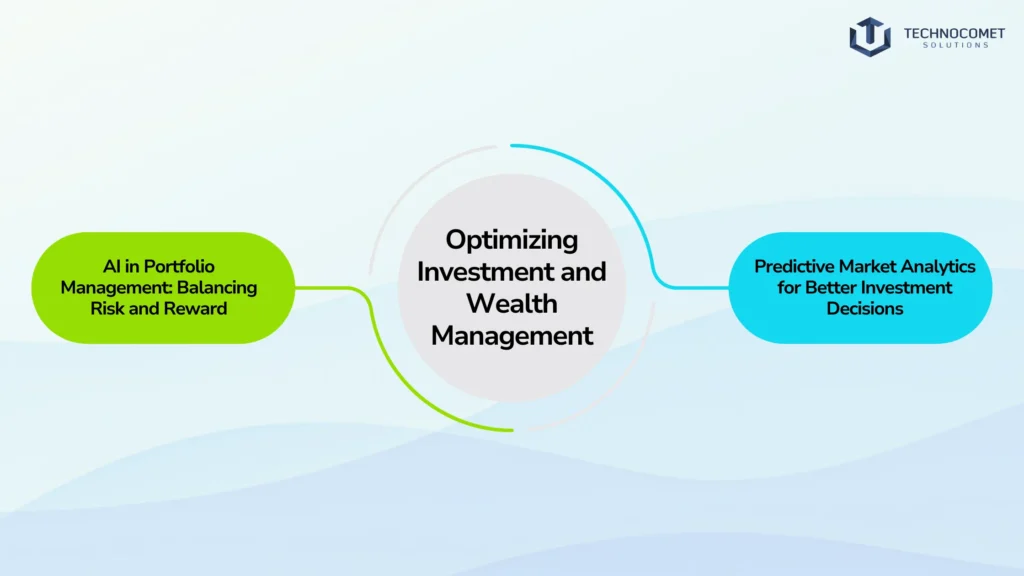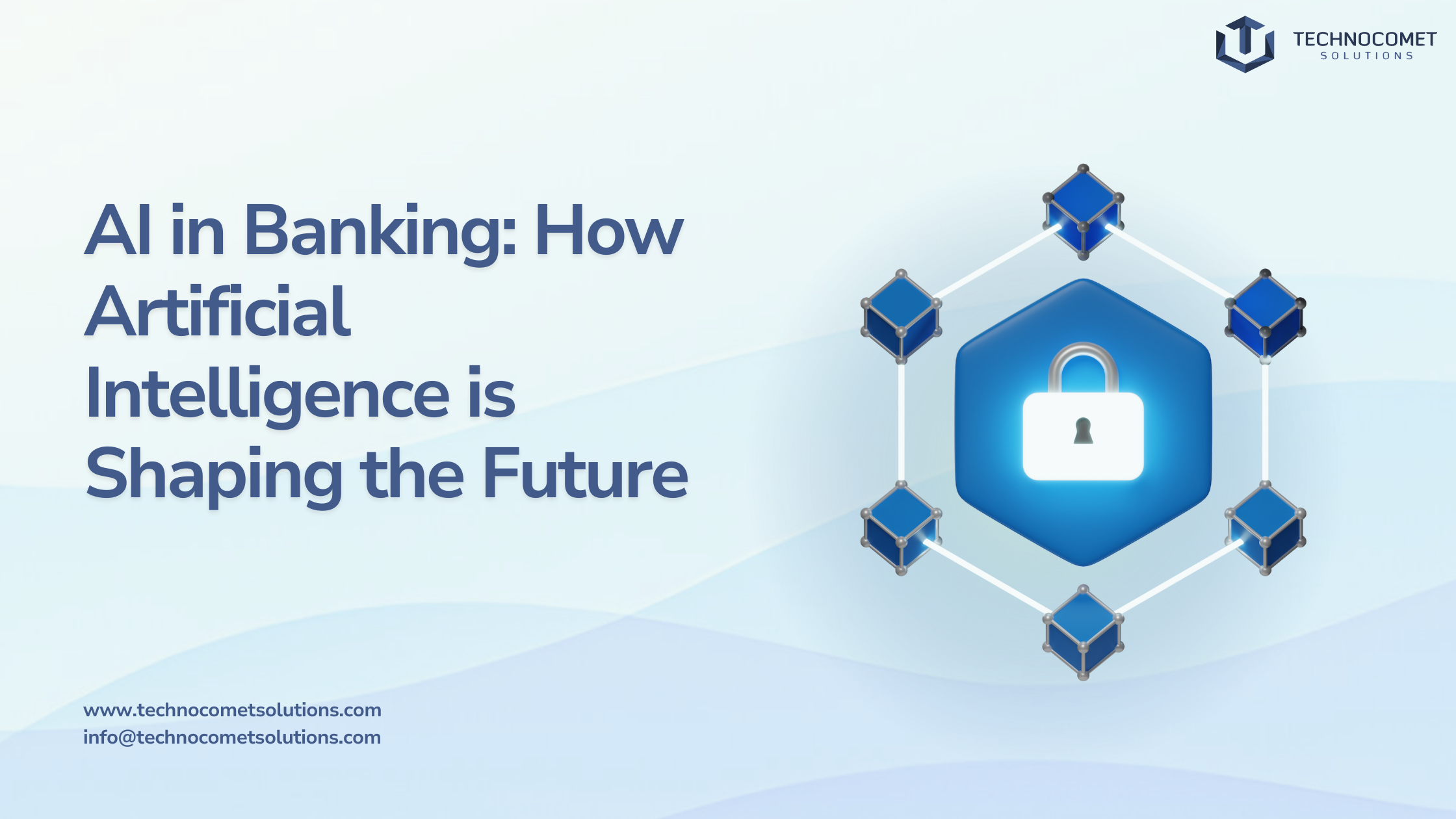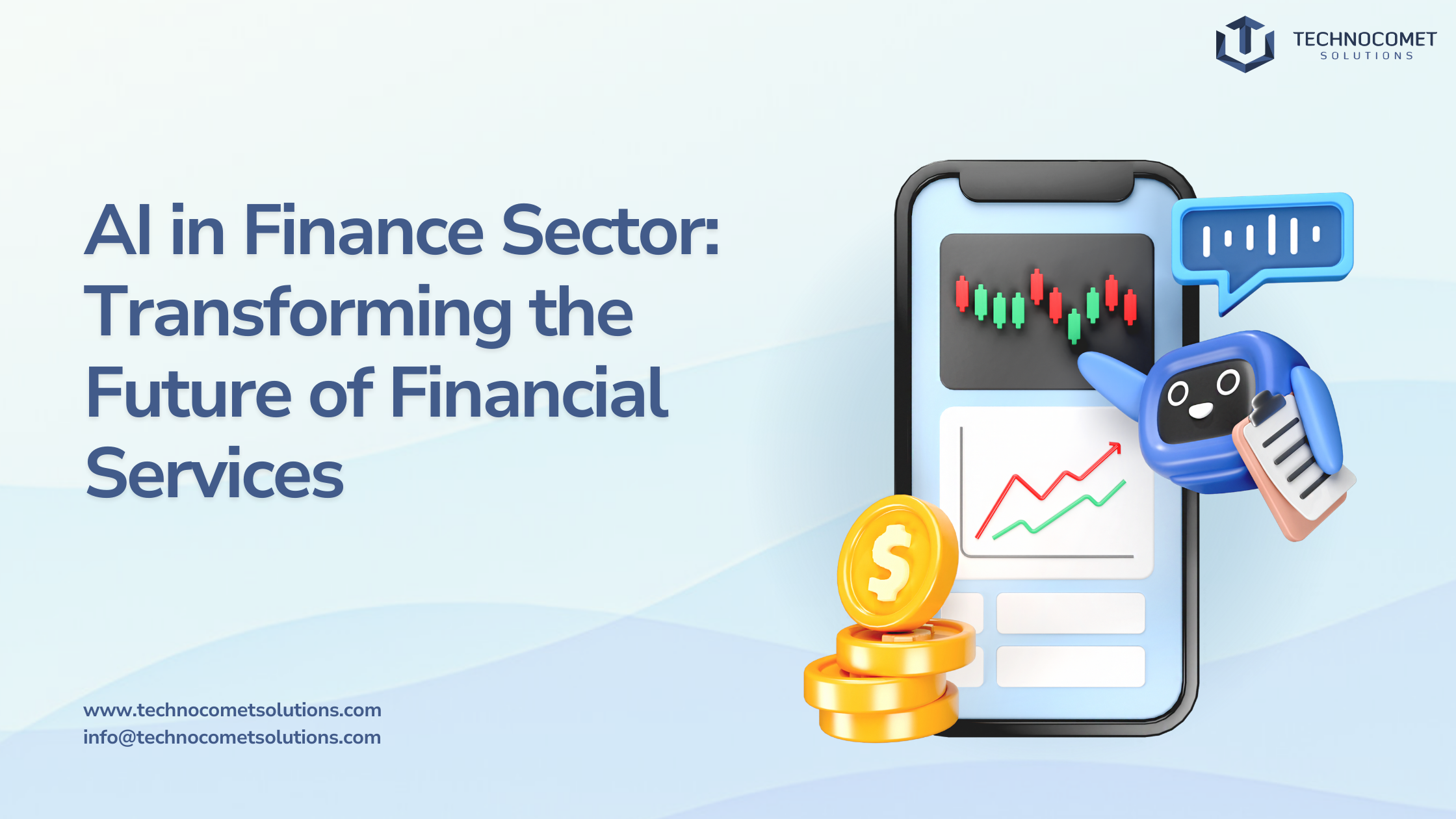Introduction
The banking industry has always been at the forefront of technological innovation, and the rise of artificial intelligence (AI) is no exception. AI is transforming the way banks operate, from enhancing the customer experience to optimizing risk management and investment strategies. As the financial sector continues to evolve, the integration of AI is becoming increasingly crucial for banks to stay competitive and meet the changing needs of their customers.

Enhancing Customer Experience
Personalized Banking: Tailoring Services to Individual Needs
AI-powered algorithms can analyze customer data, including transaction history, browsing behavior, and personal preferences, to create highly personalized banking experiences. Banks can use this information to offer customized products, services, and recommendations that cater to the unique needs of each customer. This level of personalization can lead to increased customer satisfaction, loyalty, and engagement.
AI-powered chatbots and Virtual Assistants
AI-powered chatbots and virtual assistants are becoming increasingly common in the banking industry, providing customers with 24/7 support and instant access to information. These AI-driven tools can handle a wide range of customer inquiries, from account balances and transaction history to loan applications and investment advice. By automating these interactions, banks can improve customer service, reduce wait times, and free up human employees to focus on more complex tasks.
Transforming Risk Management
AI in Fraud Detection and Prevention
AI is revolutionizing the way banks detect and prevent fraud. By analyzing transaction data, customer behavior, and other relevant information, AI algorithms can identify suspicious activities in real time, enabling banks to take immediate action to protect their customers and assets. This not only enhances the security of banking operations but also builds trust and confidence among customers.
Real-Time Transaction Monitoring and Anomaly Detection
AI-powered systems can continuously monitor banking transactions, identifying and flagging any unusual or suspicious activity. This real-time monitoring allows banks to respond quickly to potential threats, reducing the impact of fraud and other financial crimes. Additionally, AI can be used to detect anomalies in customer behavior, which may indicate identity theft or other security breaches, enabling banks to take swift action to protect their customers.
Revolutionizing Loan and Credit Processes
Automated Credit Scoring Systems
AI-driven credit scoring models can analyze a wide range of data points, including credit history, income, employment status, and even social media activity, to assess the creditworthiness of borrowers. This automated process can help banks make more accurate and efficient credit decisions, reducing the risk of default and improving access to credit for qualified applicants.
AI-driven Loan Approval and Disbursement
AI can streamline the entire loan application and approval process, from initial submission to final disbursement. By automating tasks such as document verification, risk assessment, and decision-making, banks can significantly reduce the time and resources required to process loan applications, providing a more efficient and convenient experience for customers.

Optimizing Investment and Wealth Management
AI in Portfolio Management: Balancing Risk and Reward
AI algorithms can be used to optimize investment portfolios, balancing risk and reward to achieve the best possible returns for customers. By analyzing market data, economic trends, and customer risk profiles, AI can help banks and wealth management firms make more informed investment decisions, leading to improved portfolio performance and better outcomes for their clients.
Predictive Market Analytics for Better Investment Decisions
AI can analyze vast amounts of market data, including news articles, social media sentiment, and economic indicators. This analysis helps identify patterns and trends that inform investment decisions. By leveraging predictive analytics, banks and wealth managers can make more informed and timely choices. This approach can potentially lead to outperforming the market. It also enables providing better returns for customers.
Addressing Security and Ethical Concerns
Ensuring Data Privacy and Cybersecurity in AI Implementations
As banks increasingly rely on AI-powered systems, the importance of data privacy and cybersecurity grows significantly. Banks must ensure that their AI models and algorithms are secure. Protecting customer data from unauthorized access or misuse is crucial. This requires implementing robust data governance policies and investing in advanced cybersecurity measures. Additionally, banks should collaborate with regulators to ensure compliance with data privacy regulations. These steps are essential to maintaining trust and safeguarding sensitive information.
Building Trust through Transparency and Accountability
To build trust in their AI-powered services, banks must be transparent about their use of AI. They should also be accountable for the decisions made by their AI systems. This requires providing clear explanations of the AI models and algorithms being used. Additionally, banks should establish robust governance frameworks. These frameworks ensure the responsible and ethical use of AI in banking. Such measures are essential for maintaining customer confidence in AI-driven solutions.
Conclusion
The integration of AI in the banking industry is transforming how financial institutions operate. It enhances the customer experience and optimizes risk management. AI also plays a crucial role in refining investment strategies. As AI adoption in banking grows, its influence on the future of the financial sector becomes clearer. By leveraging AI, banks can gain a competitive edge and reduce costs. Additionally, AI helps provide a more seamless and personalized experience for customers.
As you explore the exciting world of AI in banking, consider partnering with TechnoComet Solutions. We are a trusted IT services provider with expertise in implementing cutting-edge technologies. Our team of AI specialists is ready to help you unlock AI’s full potential. We can assist in transforming your banking operations to deliver innovative and secure services. Together, we’ll create customer-centric solutions that give you a competitive edge. Contact us today!
FAQs
AI-powered chatbots, personalized recommendations, and streamlined onboarding are enhancing the customer experience by providing 24/7 support, tailored services, and faster processes.
AI algorithms analyze transaction data, customer behavior, and market trends to proactively assess risks, detect fraud in real time, and monitor anomalies.
Robo-advisors leverage AI to create personalized investment strategies, optimize portfolios, and provide data-driven insights to help customers achieve their financial goals.
Key challenges include ensuring data privacy and security, addressing algorithmic bias, and navigating the ethical landscape of AI while building trust through transparency and accountability.






